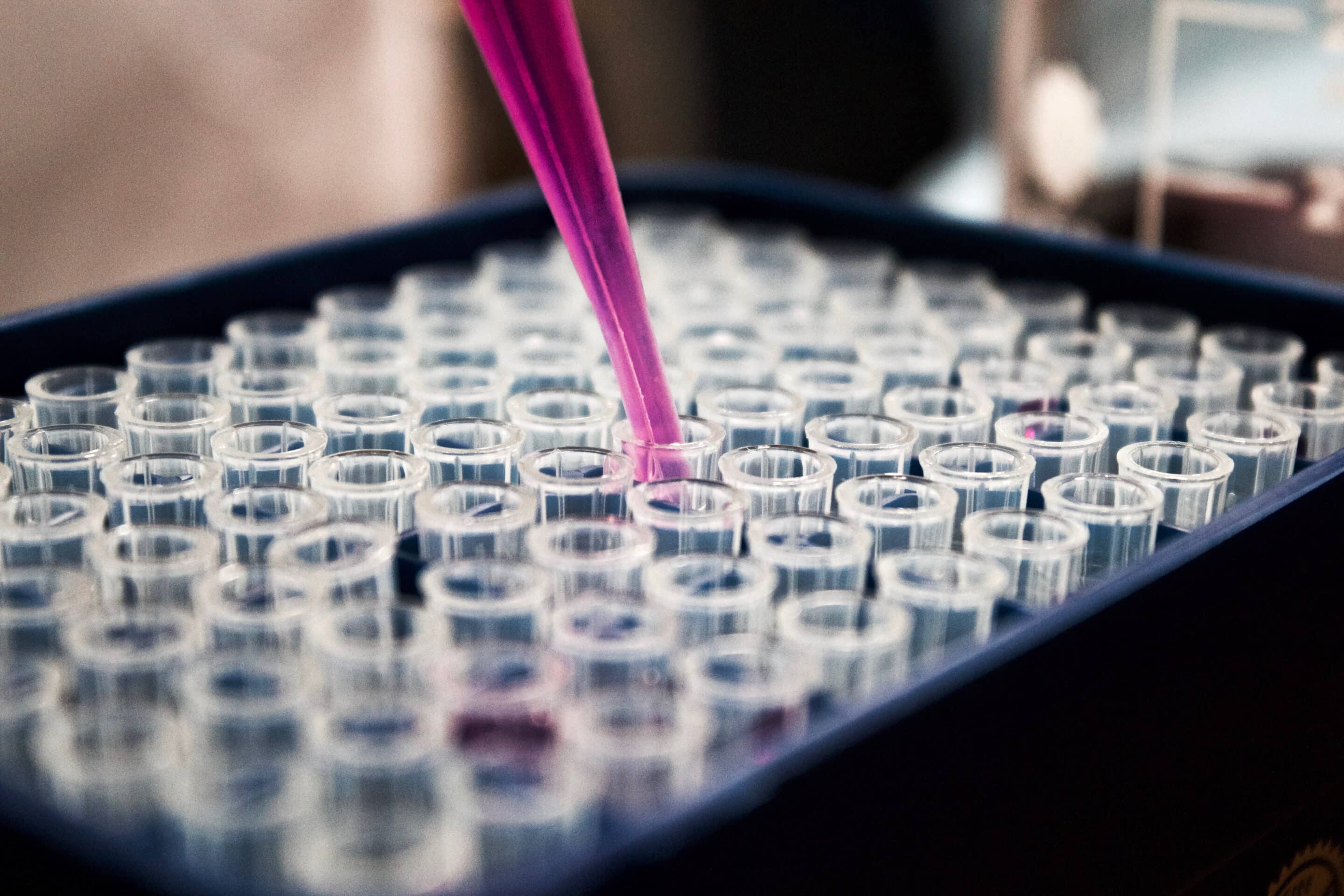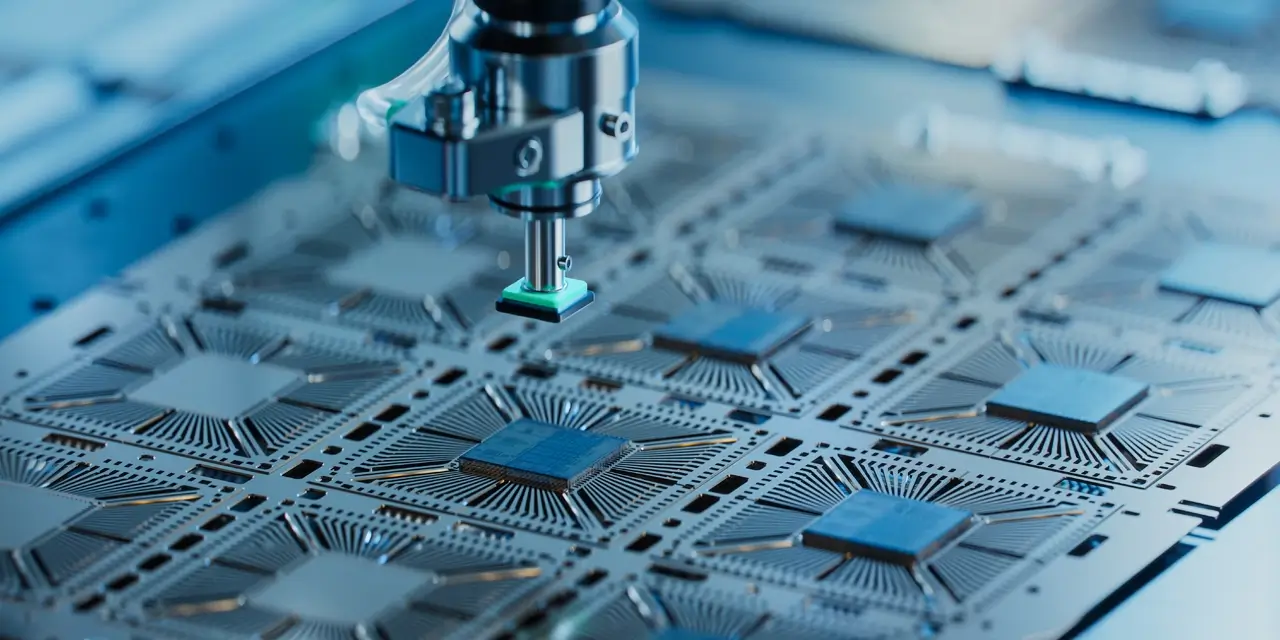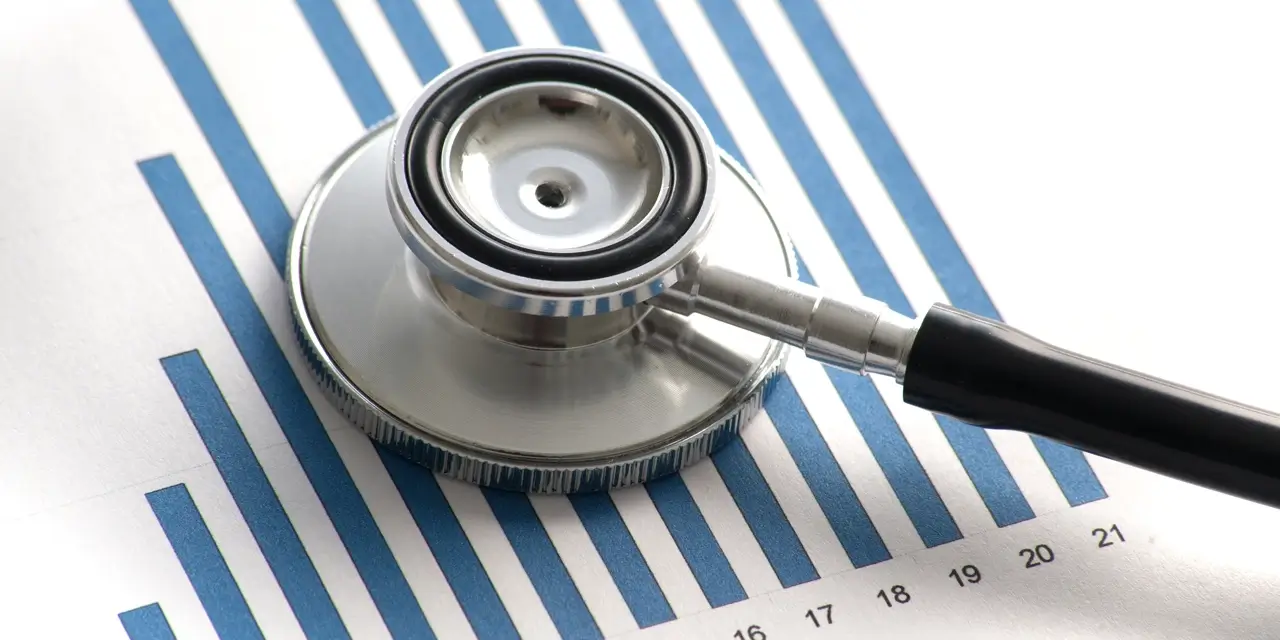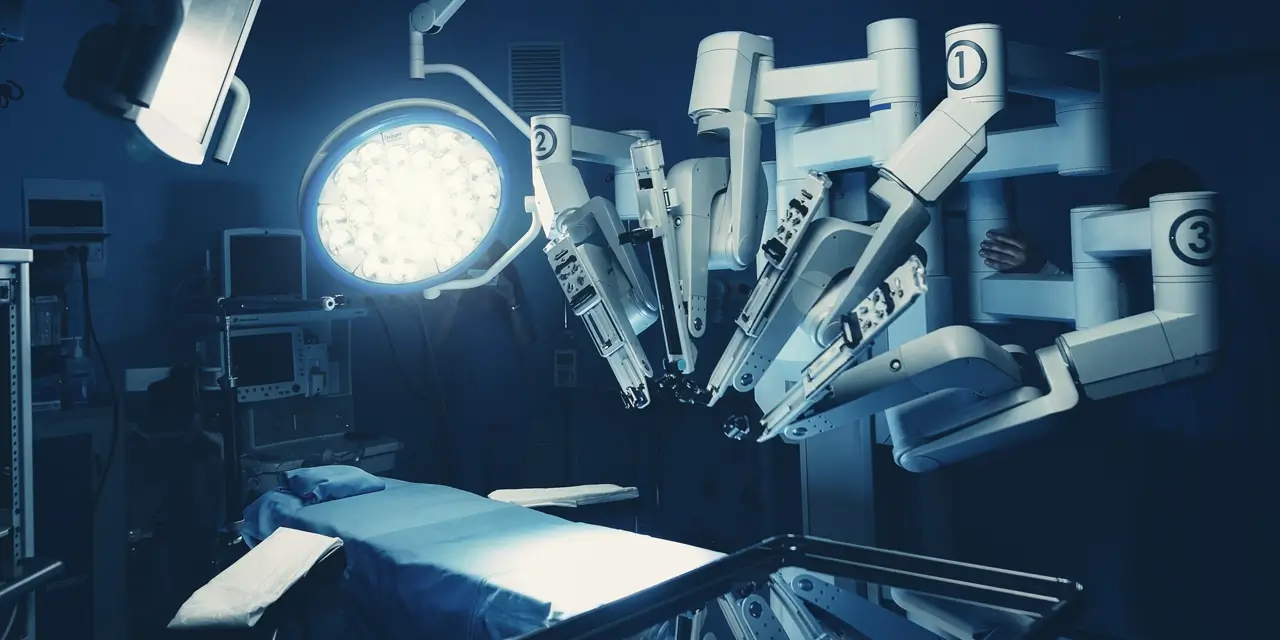Biotechnological tools have become increasingly important in drug research and development with a growing proportion of global drug revenues now derived from bio pharmaceuticals.
Published by Harvest ETFs
Biotechnology drugs differ from pharmaceutical drugs in that they use micro-organisms, such as those found in bacteria, or biological substances, like enzymes, to do the work.
Biotechnological tools have become increasingly important in drug research and development with about 1/3rd of global drug revenues now derived from biopharmaceuticals.
Common uses for biologic drugs are in cancer treatments, metabolic disorders, inflammation & immune disorders
A report by market research firm Global Market Insights finds that the global biotechnology market was worth more than
There is a growing demand for things like DNA sequencing and recombinant technology. The latter process joins DNA molecules from two different species and inserts it into a host organism to create new DNA. Other growth areas include tissue engineering and treatments of chronic diseases.
North America holds the dominant position in terms of medical biotech revenue, sitting at
Regeneron is a leading global company in this field. Its area of expertise includes helping patients with eye diseases, allergic and inflammatory diseases, cancer, heart and metabolic diseases and infectious diseases and rare diseases. The New York-based company had 2018 revenues of
Sanofi S.A., a French pharmaceutical company based in Paris owns over 20% of Regeneron and collaborates with them on several treatments.
Both companies are part of the Harvest Healthcare Leaders Income ETF (TSX
For more on Harvest Portfolios Group ETFs click here.
The views and/or opinions expressed in the blog are of a general nature and are for informational purposes only. Blog contents should not be considered as advice and/or a recommendation to purchase or sell the mentioned securities or used to engage in personal investment strategies. Investors should consult their investment advisor before making any investment decision.












